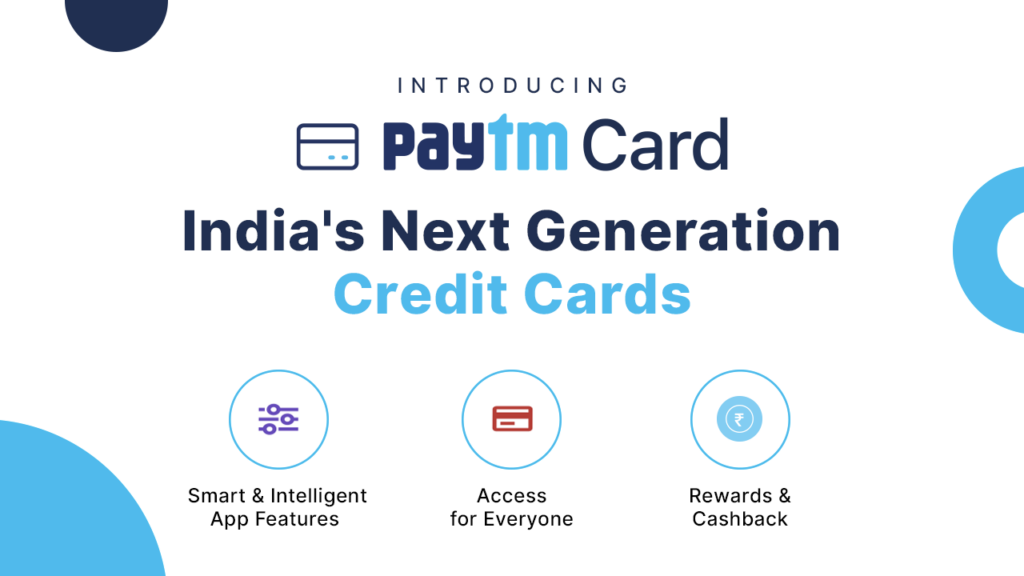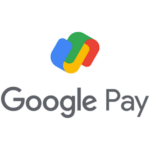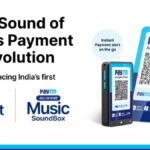Digital financial services solution Paytm has announced today that it will be building India’s next Generation Credit Cards by partnering with various card issuers. The company is eyeing to issue 20 lakh cards in the next 12-18 months by enabling “new to credit” users to join the digital economy.
Paytm promises that the users will be given complete control over the transactions in real-time with features such as change of the security pin number, updating the address, blocking the card in case of loss or fraud prevention, issuance of a duplicate card, and viewing outstanding credit-limit. The most important of all Paytm’s credit cards will provide insurance protection against fraudulent transactions to protect the user’s money and comes with a personalized spend analyzer to help in assessing expenses and planning future spends smartly.
The company is said to be digitized the entire credit card experience on the Paytm app itself from the application process to the issuance of the credit card. The company is said to use the formal credit system and purchase behavior on the Paytm app. With the seamless application process, the company is eyeing to reduce the application rejection rate.
“In our country, credit cards are still considered a product for the affluent sections of the society and not everyone can avail of its benefits. At Paytm, our aim is to provide credit cards that benefit India’s aspiring youth and evolved professionals. These cards are designed to help them lead a healthier financial life through managing and analyzing the spends to make well-informed decisions. This can transform the credit market by bringing ‘new to credit’ users into the formal economy,” said Bhavesh Gupta, CEO – Paytm Lending in his prepared statement.
The company promises Paytm Credit cards will have a transparent and compelling rewards program in form of Paytm Gift Vouchers with no expiry periods and can be utilized in the entire Paytm ecosystem. With its digital application process and minimal documentation, Paytm hopes to penetrate at least 10% of this largely untapped market.








